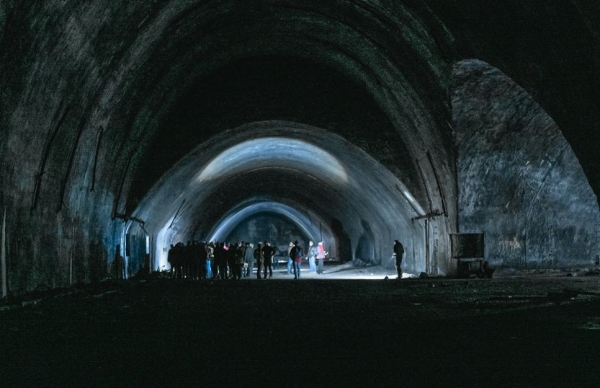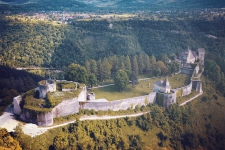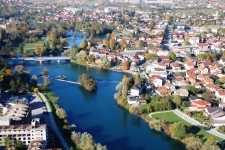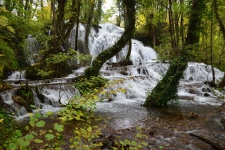In 1956, near the Croatian village of Željava, the secret construction began. The leadership of the former Yugoslavia has decided to build the most advanced underground airport in this part of the world in complete secrecy under Mount Plješevica. Construction took 12 years, and the sheer cost of the project was huge. Its price at the time was somewhere between six and eight billion dollars, which today would amount to about 40 to 60 billion euros, making it by far the most expensive facility in the former state.
Object 505 (the secret name of the project) was built at a time when the great powers were competing in their strength. Yugoslavia found itself between the two sides, all while the sovereignty of the Yugoslav state came first. The airport was therefore built on a geostrategic position, which enabled direct control over the northern borders of the country, and served primarily to protect Yugoslav airspace.
Access to the complex was allowed only to persons with a permit, and movement through the underground facility was allowed only to persons who were indispensable for the operation of the facility.
Object 505 was active until 17 May 1992, when JNA (Yugoslav People's Army) units blew up runways and an underground bunker. The equipment of the facility was destroyed, but the structure of the underground bunker, despite being blown by 52 tons of explosives, still stands today.
Check out this top-secret historical gem of the socialiast era. After all, Željava is only a few kilometers away from the Plitvice Lakes, which can also be visited while staying at the Sherwood resort.
Please reffer to our staff for more information!
- The most expensive army project in Ex-YU
- Huge well-kept secret of the time
- Many mysteries surrounding the history
- Up until recently unaccessible by tourists
Visit one of the most secret places in former Yugoslavia and experience a part of history



